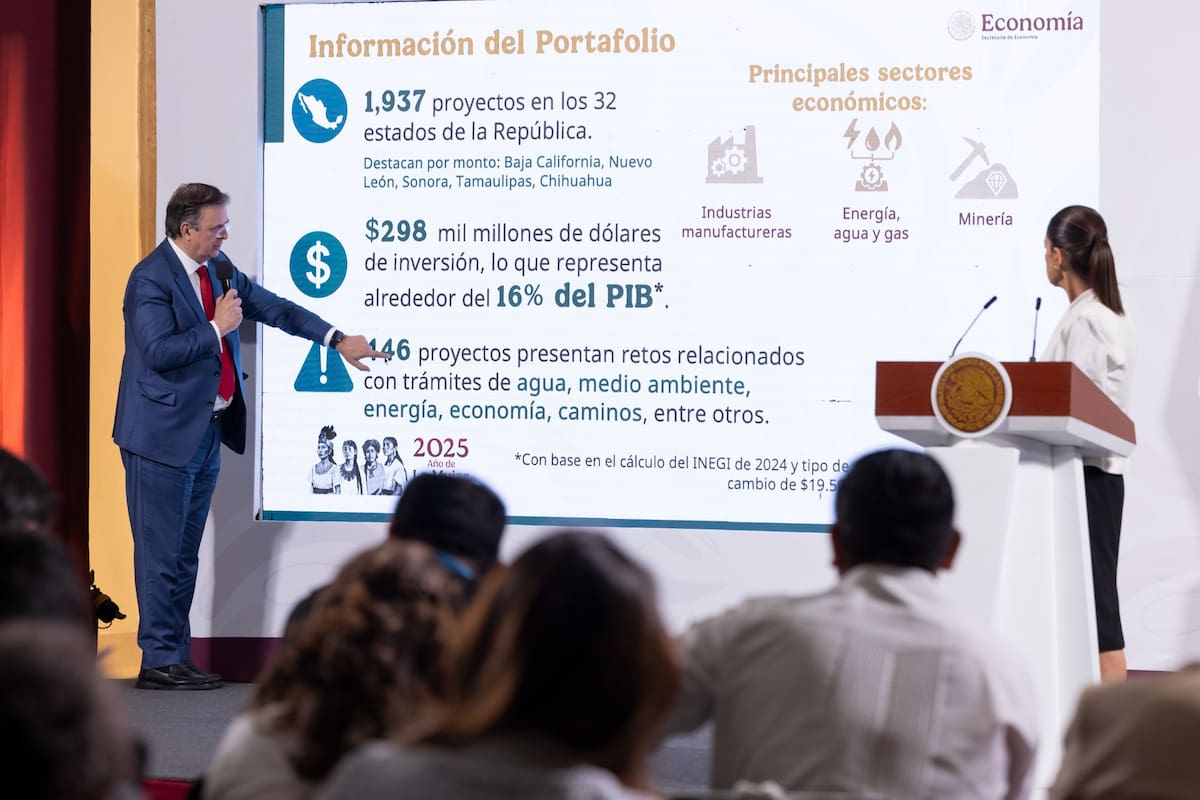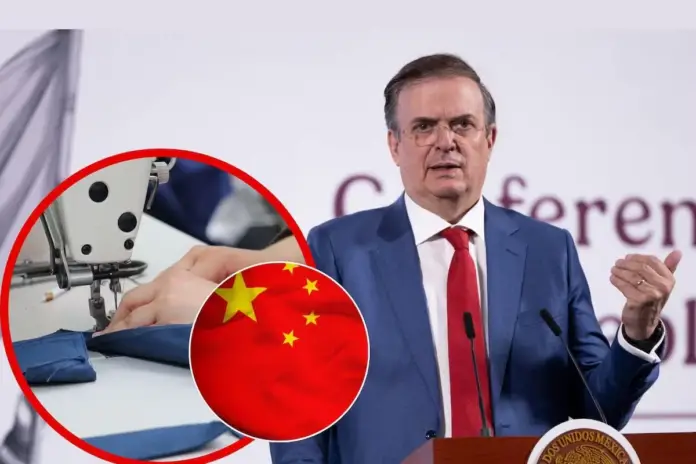The Mexican government announced the imposition of a 35% tariff on textile imports from various countries, primarily China. This measure seeks to “shield” the national textile industry, which is affected by products entering the Mexican market at significantly low prices.
The announcement was made this Thursday, April 24, 2025, by the Secretary of Economy, Marcelo Ebrard Casaubón, during the presidential conference known as the People’s Morning Conference.
The official explained that the objective is to protect national maquiladoras, whose competitiveness has been threatened by unfair trade practices.
This has a lot to do with Puebla, a state with significant textile production,” Ebrard emphasized, referring to the importance of Puebla’s textile industry in the national economy.
In addition to the new tariff, the Mexican government has initiated an exhaustive review of imports to ensure they comply with all legal requirements. Although this measure is not exclusive to China, textiles of Chinese origin have been singled out for representing strong competition in the local market.
Companies Closed for Abuse of Temporary Imports
The Secretary of Economy also revealed that several companies have been sanctioned for abusing the “temporary imports” scheme, which allows the entry of goods tariff-free as long as they are not sold in Mexico.
Ebrard reported that:
Four companies were closed for simulating footwear and textile import operations.
The value of the simulations amounts to 15 billion pesos in a single year.
The Financial Intelligence Unit (UIF) was asked to freeze the bank accounts of the owners.
The cancellation of the license plates of the customs agents involved was also requested.
Measures to reactivate the Mexican textile industry
With these actions, the government seeks to curb irregular practices and stimulate domestic production.
Puebla, along with other states with a strong textile tradition, will directly benefit from the measure.
Expected benefits:
Increased competitiveness of national maquilas.
Protection of thousands of direct and indirect jobs.
Reactivation of domestic consumption of Mexican products.

Source: elimparcial




